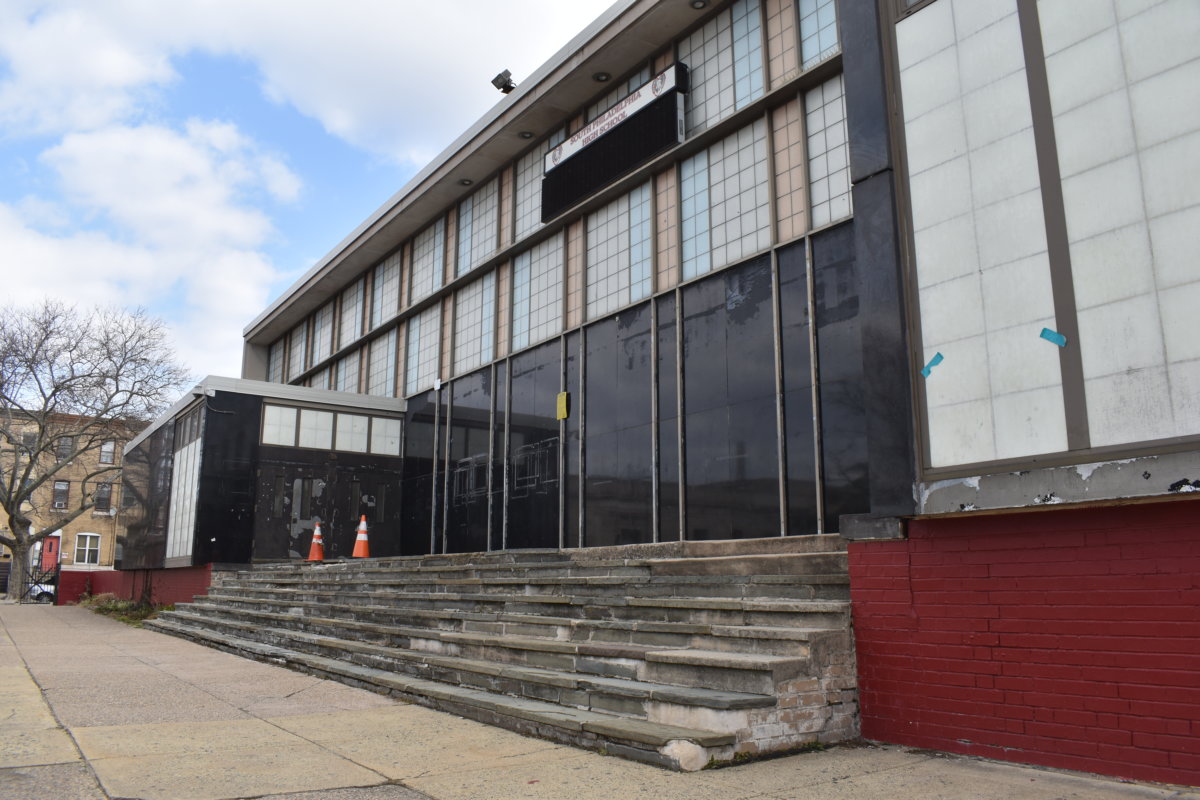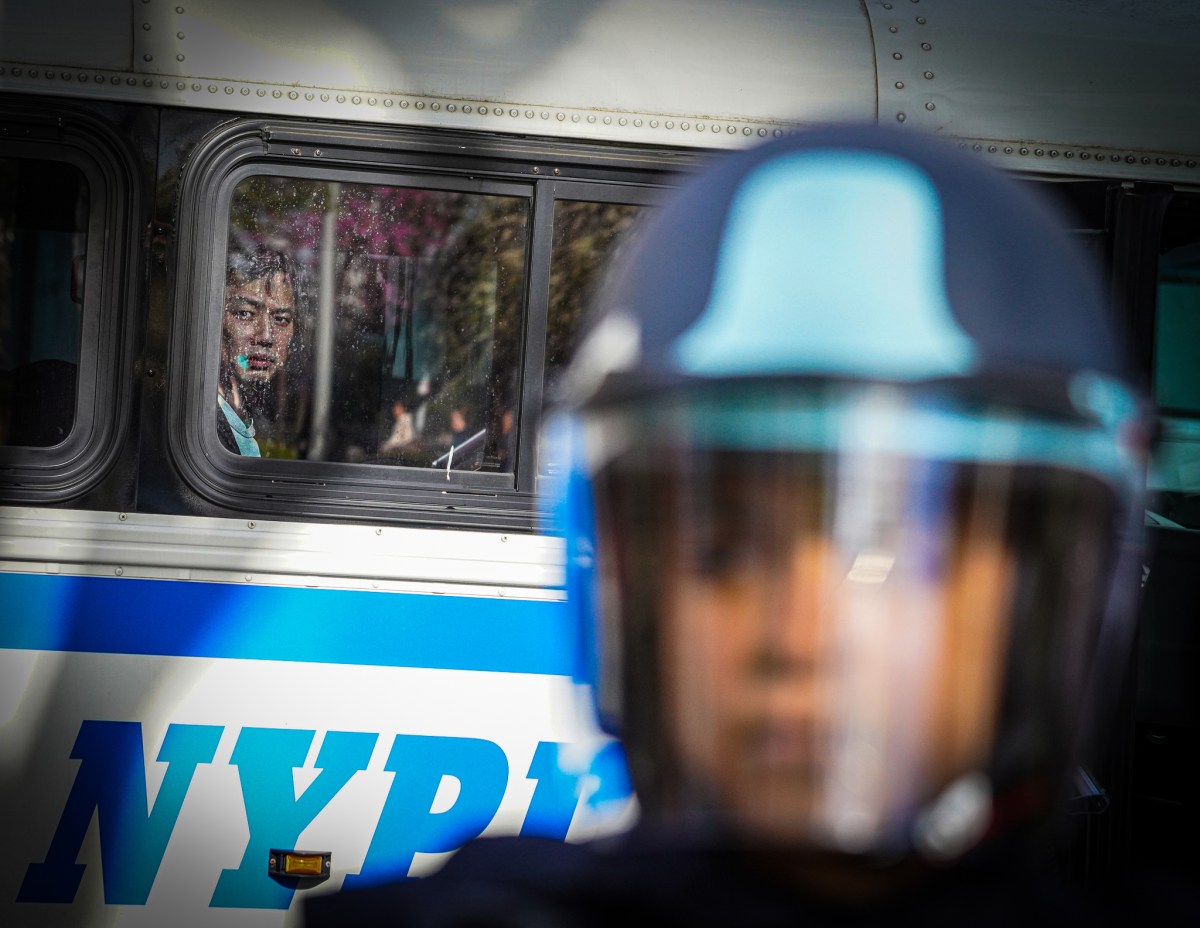 Stacey Cornelius is one of the Red Hook Community Justice Center’s success stories. She came to them with substance abuse issues in 2008 and has been clean — and voluntarily in counseling — ever since.
Stacey Cornelius is one of the Red Hook Community Justice Center’s success stories. She came to them with substance abuse issues in 2008 and has been clean — and voluntarily in counseling — ever since.
Credit: Bess Adler, Metro
In 1990, Life magazine declared Brooklyn’s Red Hook neighborhood “the crack capital of America.”
Now, it is home to an innovative organization so successful that the Department of Justice released a report just this week urging other cities around the country to follow its lead.
The Red Hook Community Justice Center grew from a tragic neighborhood loss. In 1992, a beloved local school principal was shot by a stray bullet when he stepped out of the school to look for a missing student. For the shaken community, that tragedy was a catalyst for a push to reform.
The center is a movement of sorts, led by a single judge: Alex Calabrese.
Calabrese hears cases, assists NYCHA residents with getting urgent repairs taken care of and helps move troubled Red Hook residents of all ages and walks of life toward solutions rather than incarceration.
But he says the people who come to the justice center are the ones that deserve the credit.
“Whatever happens in court can make a difference,” Calabrese said. “But they’re doing the work. We’re giving them the path.”
Stacey Cornelius is one of their successes. She came to the center in 2008 because of substance abuse issues and has been clean ever since. They set her up with one of their community partners, the Counseling Service of Eastern District New York (CSEDNY).
Cornelius proudly informed Calabrese on a recent visit to the center that she is still in counseling, even though her mandated nine months ended more than 4 years ago.
“That’s excellent!” he enthused. “That’s been voluntary for a long time.”
Cornelius said she looks forward to her counseling sessions, and noted how helpful it was to have that support system when her mother died a year ago.
The day after her mother died, she was supposed to go to her weekly group session. She called her counselor and asked if she could come by after the session to see her. Her counselor said sure and asked what was up.
Cornelius recalled how as soon as she told her counselor that her mother had died, her counselor responded, “Stay right there,” and immediately came to her.
She listened to Cornelius talk for a while, and then praised her for not using drugs at a vulnerable moment.
“I never got high,” Cornelius said proudly. “And she said, ‘When your mother died, you coulda got high again. It’s good that you didn’t get high.'”
Follow Danielle Tcholakian on Twitter @danielleiat
















